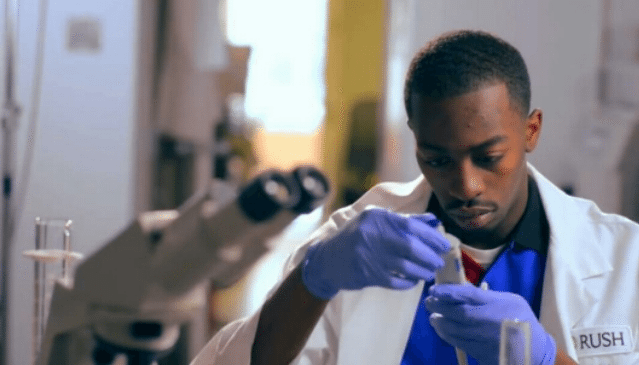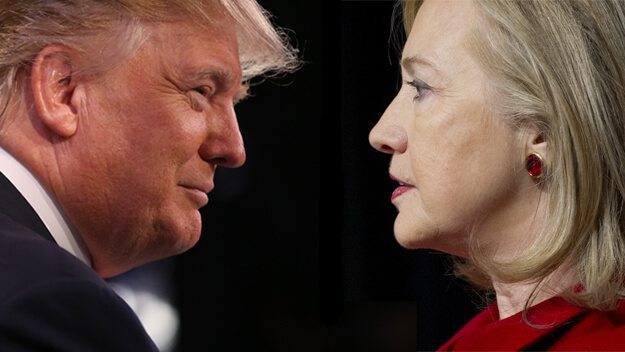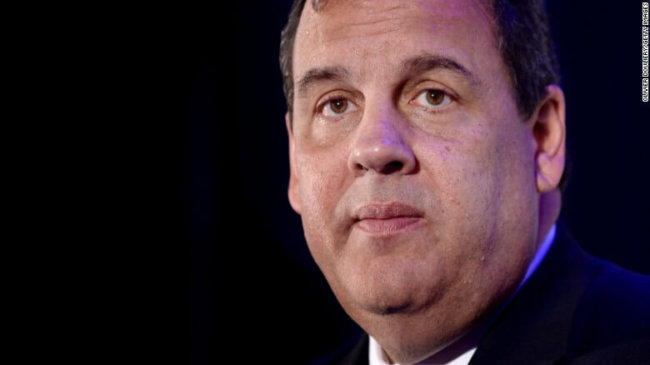A 19-year-old Chicago teen may one day hold the key to curing colon cancer.
If his previous successes are any indication, Keven Stonewall is well on his way to becoming the kind of scientist who leaves a lasting impact in the realm of cancer research.
In his senior year of high school, this young man from the city’s South Side was already working on a potential colon cancer vaccine at a Rush University lab, DNAInfo reports.
“My friends, family members have died from cancer,” Stonewall said in a VNM video. “A lot of people are impacted by cancer. So I felt it was my role to step up and do something about it.”
At first, his friends mocked his dedication to science. When they were out on vacation, he was holed up in his lab.
“I was one of the few kids who were engaged,” Stonewall said. “At first they were making fun of me, like ‘Come on man, why you want to be in the lab all day?’”
But after realizing that his lab time was producing real results, his buddies turned around. In fact, they confessed they were inspired by him.
“Now a lot of my friends are that much more motivated to do better,” Stonewall said. “I can make a difference in someone’s life without even knowing it.”
A 19-year-old Chicago teen may one day hold the key to curing colon cancer.
If his previous successes are any indication, Keven Stonewall is well on his way to becoming the kind of scientist who leaves a lasting impact in the realm of cancer research.
In his senior year of high school, this young man from the city’s South Side was already working on a potential colon cancer vaccine at a Rush University lab, DNAInfo reports.
“My friends, family members have died from cancer,” Stonewall said in a VNM video. “A lot of people are impacted by cancer. So I felt it was my role to step up and do something about it.”
At first, his friends mocked his dedication to science. When they were out on vacation, he was holed up in his lab.
“I was one of the few kids who were engaged,” Stonewall said. “At first they were making fun of me, like ‘Come on man, why you want to be in the lab all day?’”
For his experiment, Stonewall injected a special high concentration of cancer-treating drug mitoxantrone into younger and older mice. He then injected the mice with aggressive colon cancer cells. After three days, Stonewall noticed that his experimental vaccine was 100% effective on young mice — their tumors were gone and they showed immunity to colon cancer. But the older mice were still afflicted by the cancer cells.
His lab director at Rush University, Carl Ruby, said that Stonewall’s experiment helped scientists realize that they needed a special vaccine for older subjects.









